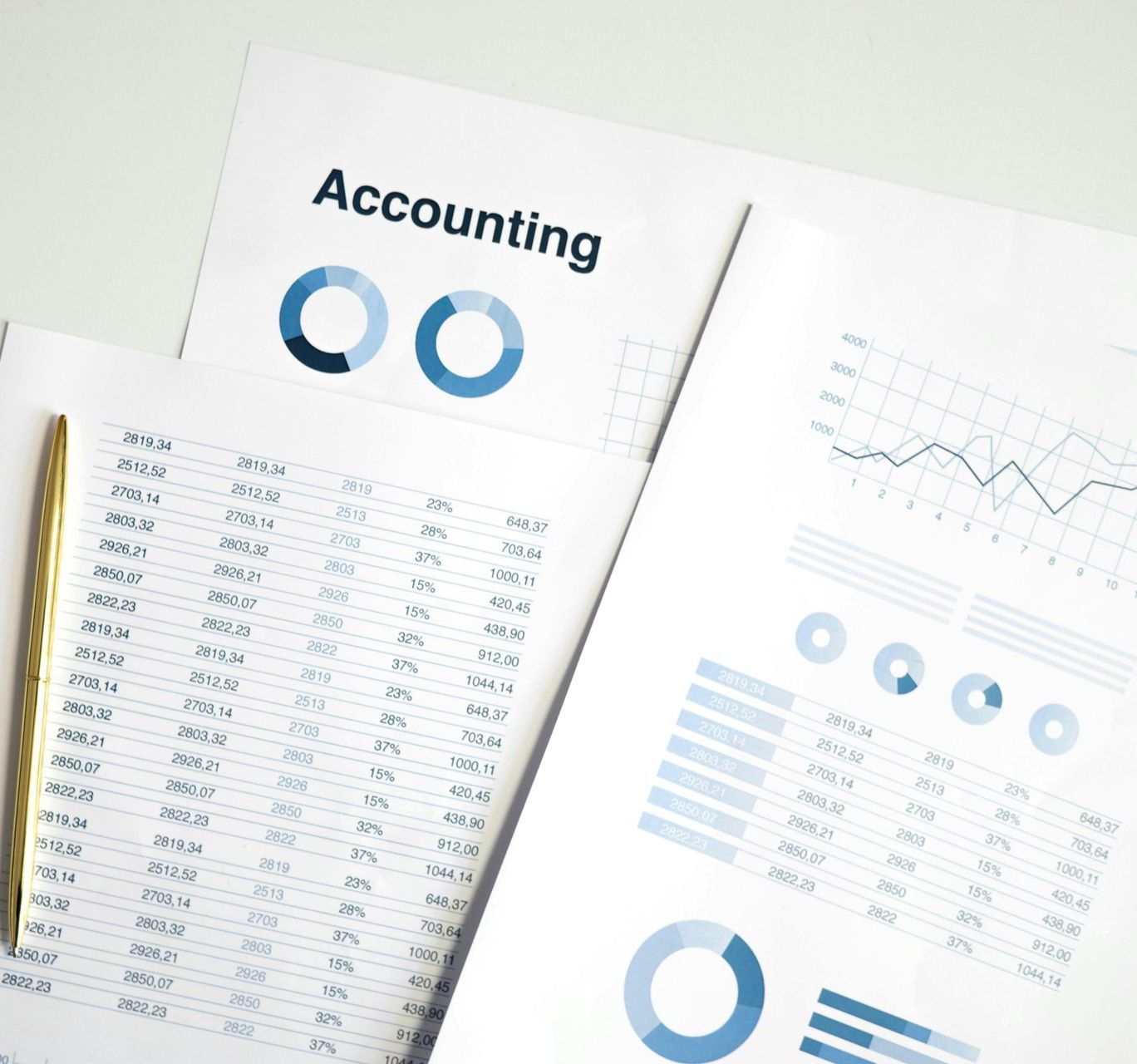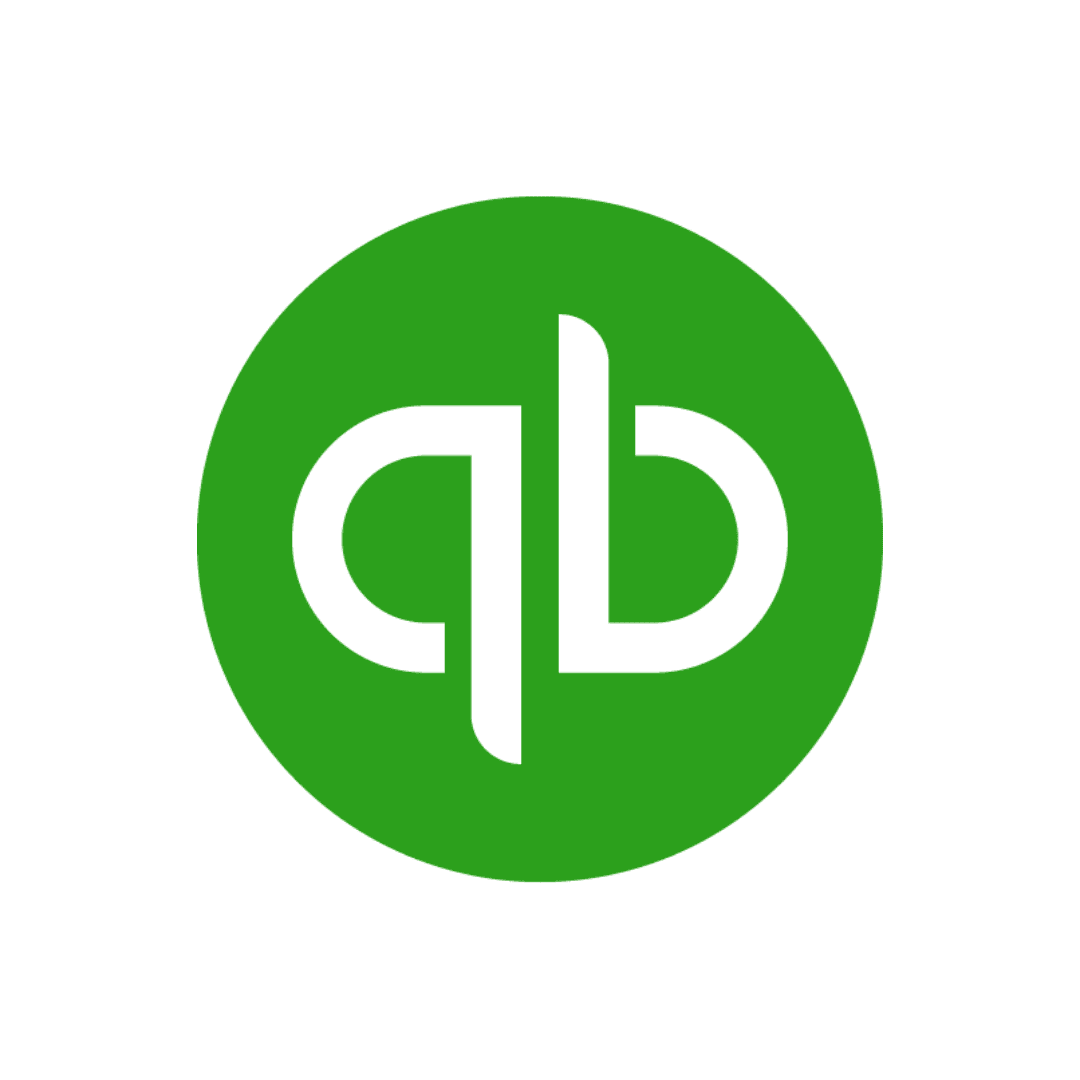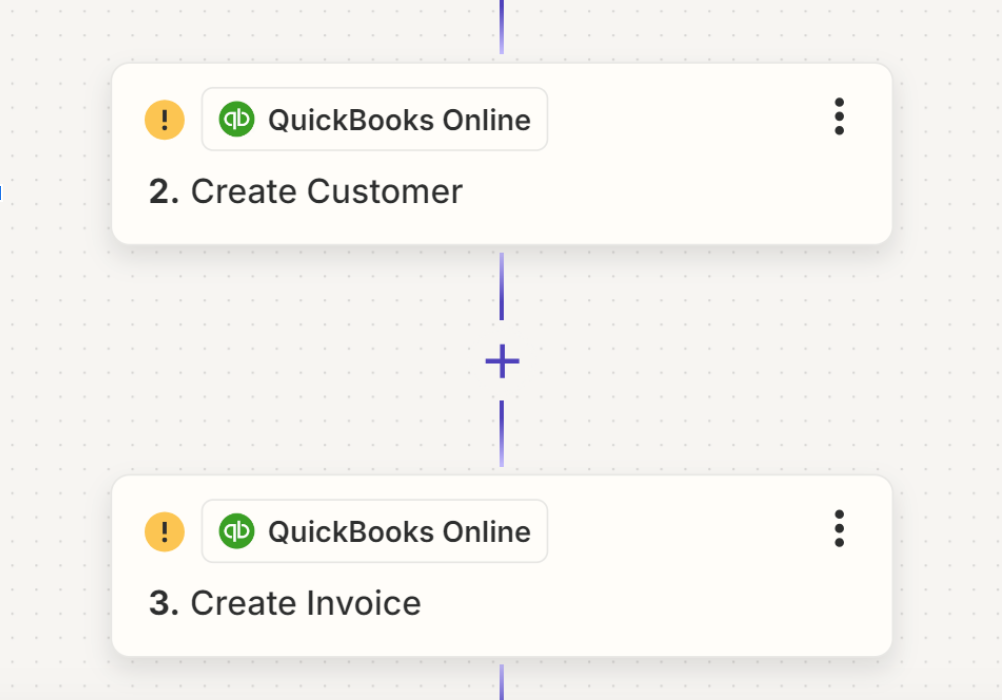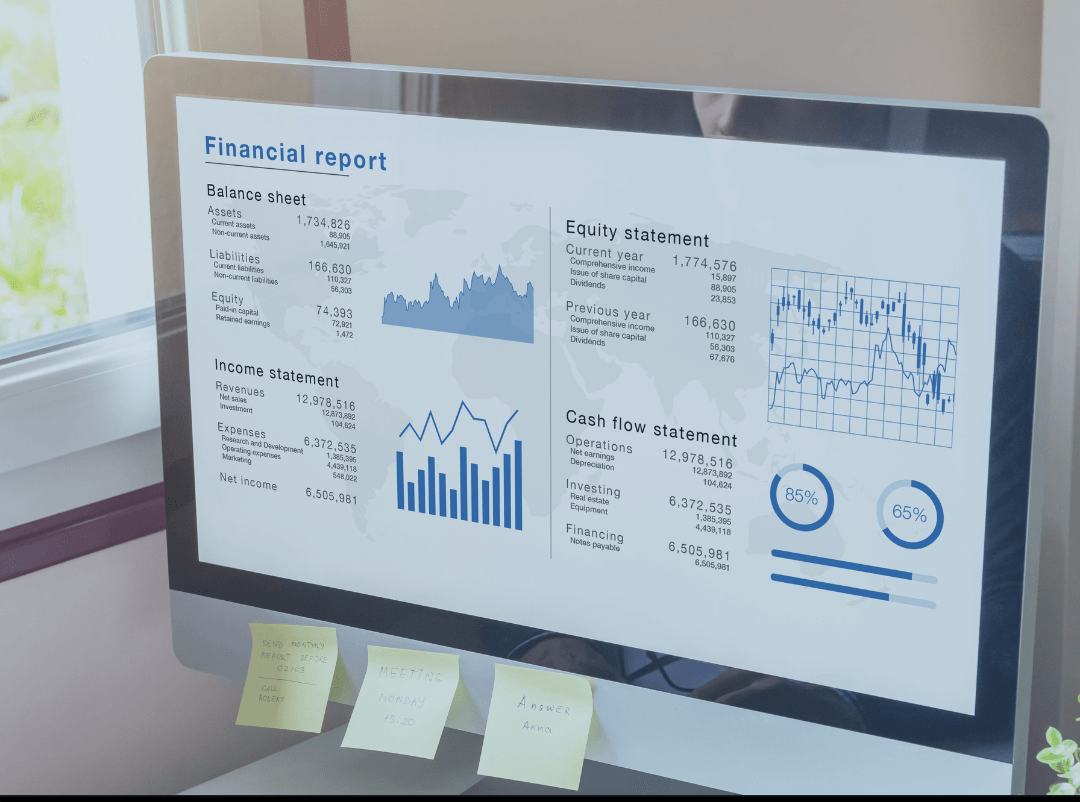Video: What is Bookkeeping?
Do Small Businesses Need a Bookkeeper?
Understanding the role of a bookkeeper and how they can benefit your small business is crucial. Below, we break down what bookkeepers do and how they differ from accountants, emphasizing why your small business might need one.
What is Bookkeeping?
Bookkeeping is more than just data entry—it's the backbone of your business's financial management system. Here’s how:
- General Ledger Management: Whether you use QuickBooks, Xero, or another platform, bookkeepers ensure that all financial data is accurately entered into your general ledger.
- System Integration: Modern bookkeepers act as system integrators, efficiently linking your financial systems to provide comprehensive monthly reports.
- Account Reconciliation: Ensuring all financial accounts, including payroll, are reconciled regularly to maintain accuracy in your financial statements.
Essential Bookkeeping Tasks for Small Businesses
- Invoicing and Collections: Accurate invoicing and managing accounts receivable to reflect your business realities.
- Accounts Payable: Ensuring bills are processed and paid on time to maintain good vendor relationships.
- Payroll Management: Proper payroll processing and reconciliation in your general ledger.
Bookkeeper vs. Accountant: What’s the Difference?
- Bookkeepers focus on entering data into the general ledger and managing day-to-day financial transactions.
- Accountants take on a broader role, including setting up accounting systems and policies, managing accruals, and preparing for financial analysis and reporting.
Why Your Small Business Needs a Bookkeeper
A skilled bookkeeper is essential for:
- Foundation for Financial Planning: Provides the data needed for accurate financial analysis and planning, crucial for business growth.
- Operational Efficiency: Helps streamline financial operations, from payroll to paying bills, ensuring your business runs smoothly.
- Compliance and Accuracy: Reduces the risk of financial errors and helps ensure compliance with accounting standards and tax requirements.
GrowthLab’s Commitment to Your Business
At GrowthLab, we believe in integrating bookkeeping with comprehensive financial oversight.
We offer:
- Business Accounting
- CFO Services
- Financial Planning & Analysis (FP&A)
- Tax Consulting
Ready to learn more about how our services can support your business?
Other Blogs Related to Small Business Accounting





